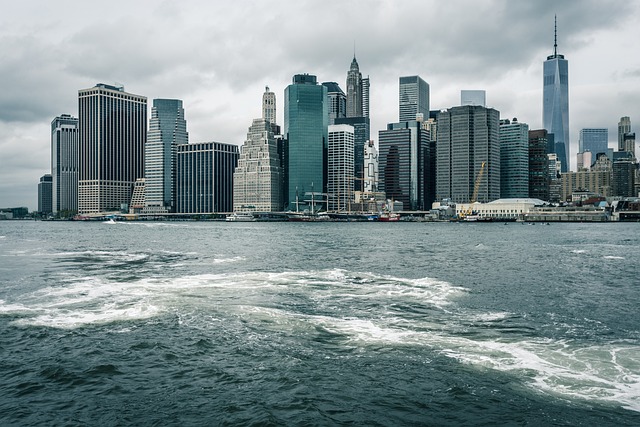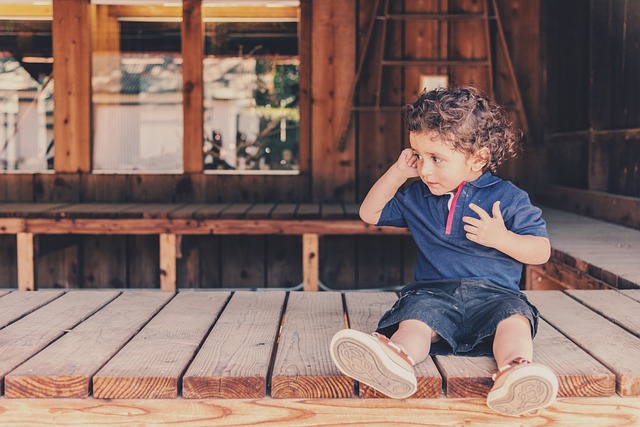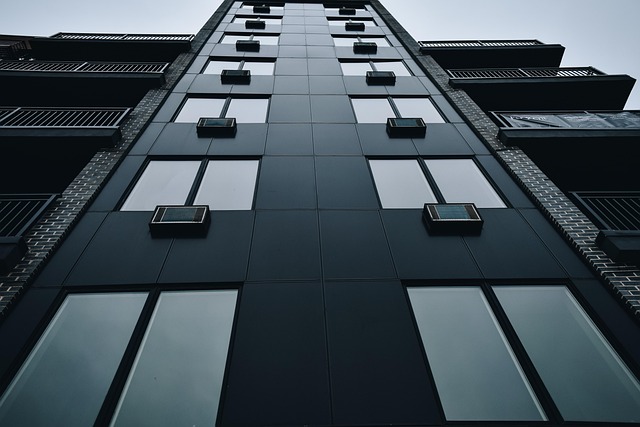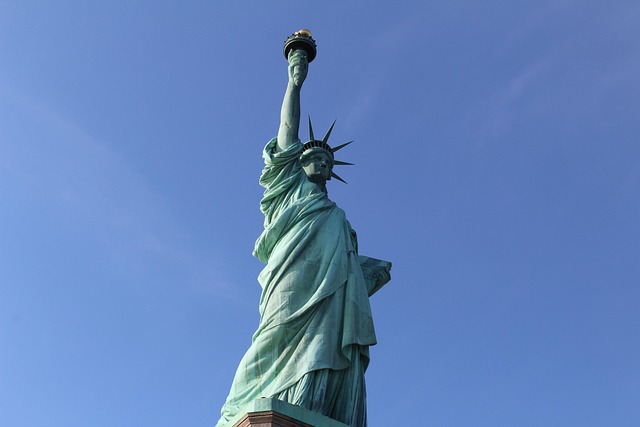In New York (NY), clergy confidentiality is a cherished principle that strengthens the bond of trust between religious leaders and their congregants, backed by the First Amendment. This right becomes crucial in diverse cities like NY, where varied cultural and religious backgrounds demand tailored spiritual guidance. However, mandatory reporting laws are essential for protecting vulnerable groups, including children and domestic violence victims, compelling clergy to report suspected abuse or neglect, even if revealed in confidential settings. The complex interplay between these two aspects presents a challenge, balancing privacy against public safety, with significant implications for NY's diverse communities.
In New York City (NY), the tension between clergy confidentiality and mandatory reporting laws poses a complex dilemma. This article delves into the intricate balance between protecting spiritual guidance and ensuring public safety, particularly for vulnerable populations. We explore the significance of clergy confidentiality in fostering trust within diverse communities, while examining the imperative of mandatory reporting to combat exploitation. Through case studies, we analyze real-world scenarios in NY, shedding light on the challenges and controversies surrounding this vital issue.
Understanding Clergy Confidentiality: A Safe Space for Spiritual Guidance in NY
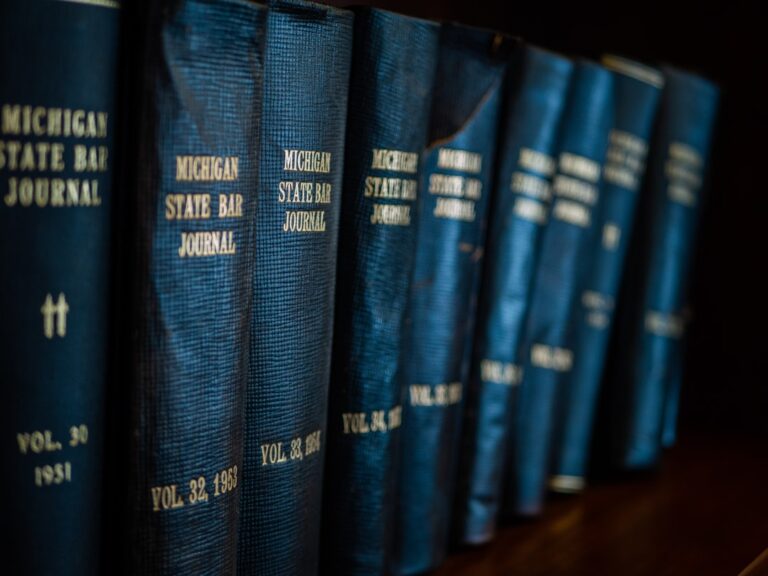
In New York (NY), clergy confidentiality is a sacred principle that forms the foundation for trusting relationships between spiritual leaders and their congregants. It provides a safe space where individuals can seek guidance, share personal struggles, and confide in their faith leaders without fear of disclosure. This confidentiality is not merely an option but a legal right guaranteed by the First Amendment, ensuring religious freedom and protecting the privacy of those seeking spiritual counsel.
NY’s clergy members act as confidants, offering emotional support and moral direction. They are often the first point of contact for individuals facing personal crises, family issues, or spiritual dilemmas. Confidentiality allows them to provide unbiased, non-judgmental advice, fostering an environment where people feel comfortable opening up about sensitive matters. This trust is vital in a diverse city like New York, where various cultural and religious backgrounds intertwine, creating a unique need for spiritual guidance tailored to individual experiences.
The Role of Mandatory Reporting Laws: Protecting Vulnerable Populations in NYC
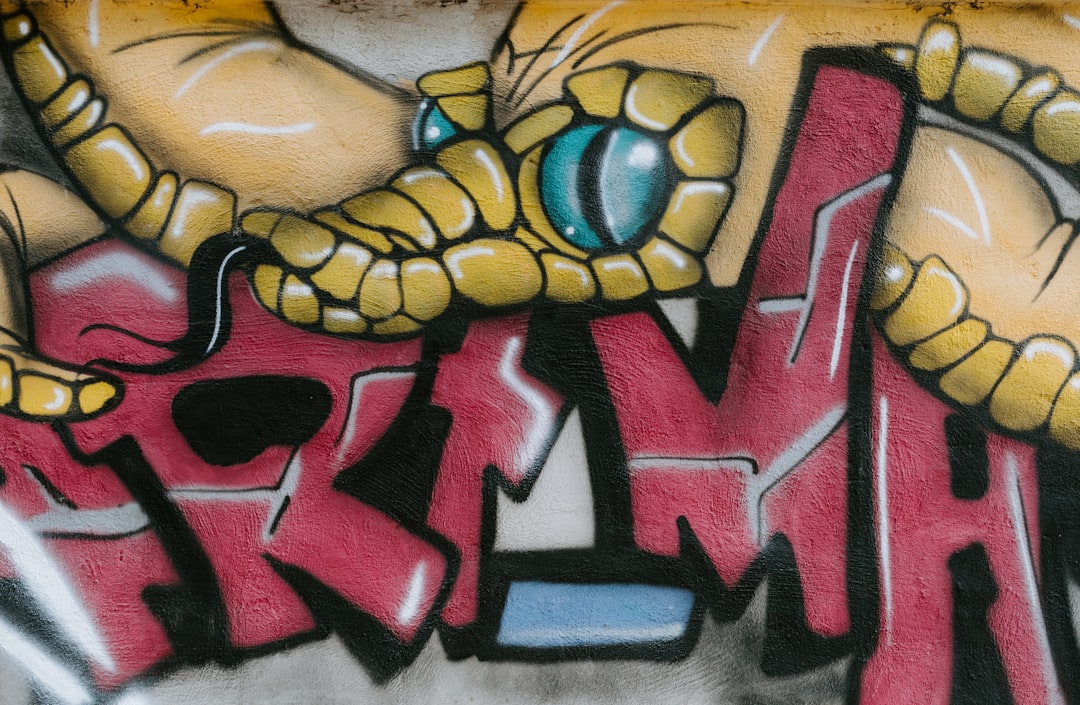
In New York City (NY), mandatory reporting laws play a pivotal role in safeguarding vulnerable populations, particularly children and victims of domestic violence. These laws require certain professionals, including clergy members, to report suspected cases of abuse or neglect to relevant authorities. This stringent policy is designed to ensure that at-risk individuals receive the necessary protection and support.
Clergy often have unique access to sensitive information within their congregations, making them crucial in identifying potential risks. Mandatory reporting laws empower them to take action while maintaining confidentiality for both the reporter and the individual in need. By adhering to these regulations, NY aims to foster a culture of accountability and safety, ensuring that vulnerable populations are not overlooked or left unprotected.
Balancing Privacy and Public Safety: Challenges and Controversies in NY
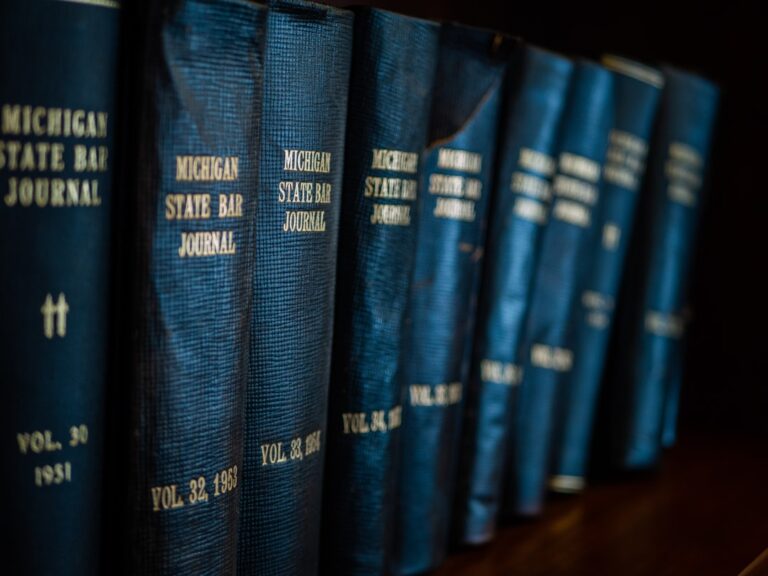
In New York (NY), the debate between clergy confidentiality and mandatory reporting laws presents a complex challenge, particularly when public safety is at stake. On one hand, the tradition of priest-penitent privilege aims to protect the privacy of individuals seeking spiritual guidance, fostering trust and encouraging open communication. This principle, deeply rooted in religious practice, ensures that confidential conversations remain sacred. However, this privilege clashes with mandatory reporting laws designed to prevent harm, especially when it comes to child abuse and domestic violence. NY’s mandated reporting requirements compel certain professionals, including clergy, to disclose information that could potentially save lives, even if revealed during confidential settings.
The controversy arises from the delicate balance between preserving privacy and ensuring public safety. Advocates for confidentiality argue that secrets shared in faith-based settings should remain confidential, protecting both the individual and the institution. Conversely, supporters of mandatory reporting emphasize the importance of community welfare, asserting that certain information must be shared to prevent imminent dangers. This debate is especially significant in NY, where the legal framework must accommodate diverse religious practices while addressing critical public safety concerns.
Case Studies: Exploring Real-World Scenarios in Clergy Confidentiality vs. Reporting in NY

In the vibrant and diverse landscape of New York City (NY), exploring the delicate balance between clergy confidentiality and mandatory reporting is essential. Case studies from real-world scenarios shed light on this complex issue. For instance, consider a scenario where a parishioner confides in their priest about an instance of child abuse within the community. Traditionally, clergy are bound by confidentiality to protect this sensitive information. However, NY’s mandatory reporting laws demand that certain professionals, including clergy, disclose such incidents to relevant authorities to prevent potential harm.
These real-world instances highlight the dilemma faced by clergy in NY: honoring the sacred trust of their parishioners while adhering to legal obligations. Some argue that confidentiality fosters a safe space for individuals to seek help without fear of repercussions. Conversely, mandatory reporting is hailed as a crucial step in protecting vulnerable populations and ensuring public safety. Balancing these aspects is paramount, reflecting the intricate relationship between faith, law, and the well-being of NYC’s diverse communities.

